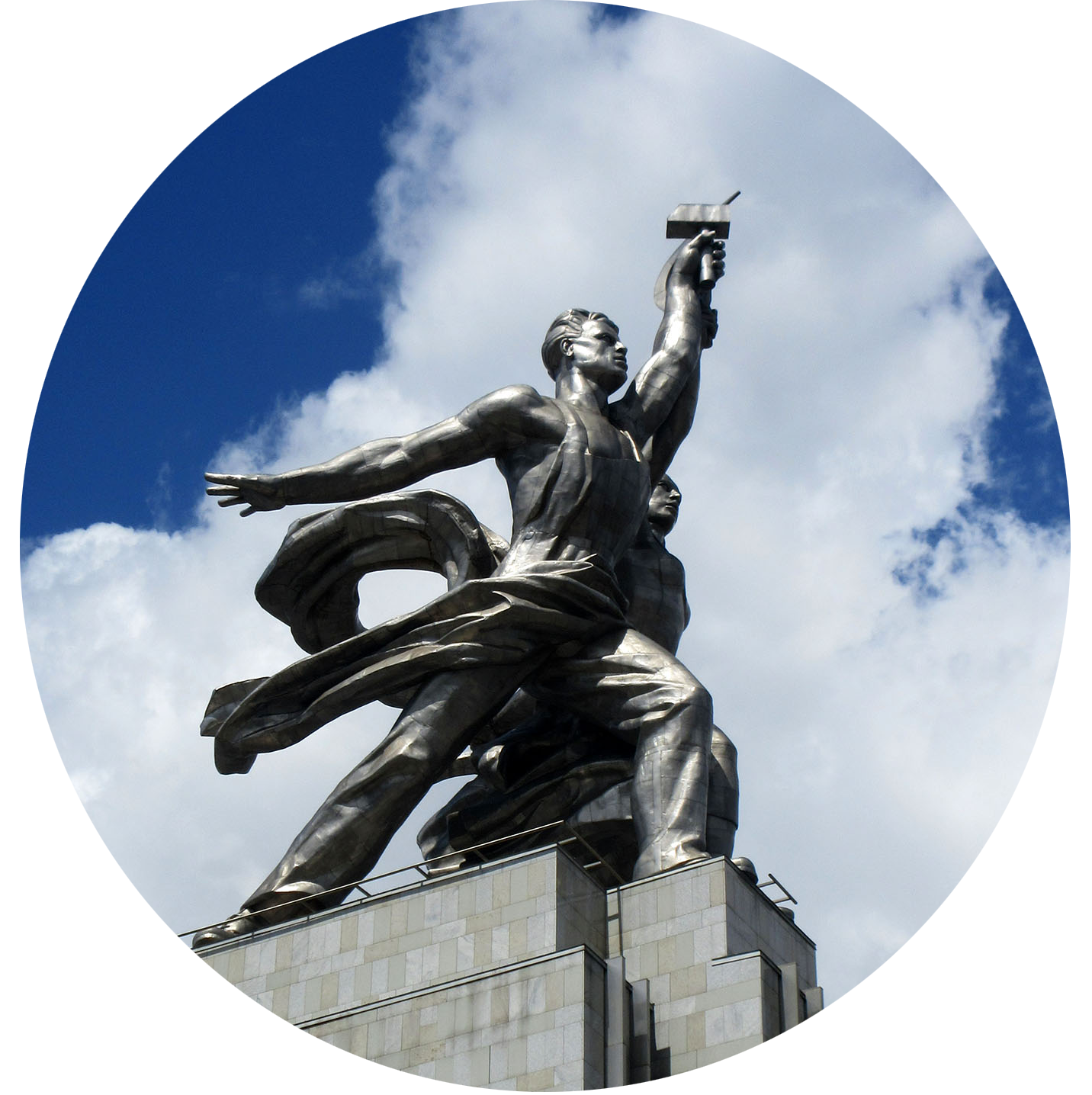Pasternak - Daybreak
This poem, from the Zhivago cycle, touches directly on the “city” theme so central to the novel, and to its Christian ethics; this poem is explicitly addressed to Christ, who figures so prominently elsewhere in the cycle — in particular, as he enters Jerusalem, hailed by the crowd, before his arrest crucifixion. The two opening stanzas, with their stark sequence of meaning, oblivion, and remembrance, allude unmistakably to Pushkin’s “I Recall a Wondrous Moment” (and Blok’s “All Thought of Valor, of Great Feats, of Glory…”).
This is a rough translation that does not preserve the meter or rhyme scheme of the original.
Daybreak
You meant everything in my fate.
But then came war and destruction,
And for so, so long
I heard not a whisper from You.
And many, many years later,
Your voice again began to trouble me.
All night I read Your testament,
And came to life again, like one stirred from unconsciousness..
I feel the need to seek out people — crowds —
To join their early morning animation.
I’m ready to break everything to bits,
To bring everyone to their knees.
And I run along the staircase,
As if emerging for the first time
Onto these snow-covered streets,
This dead pavement.
Everywhere, the people rise; their lights, their comfort,
Their morning tea, their rush to catch the streetcars.
And in a matter of minutes,
The city looks nothing like it did before.
In the entryway a snowstorm weaves
A web of thickly falling flakes,
And to get there in good time,
Everyone races off — their tea, their food unfinished.
I feel for every last one of them,
As though I’d spent time in their skin;
I melt myself, just like the snow melts;
I, like the morning, also knit my brow.
With me are people without names,
And trees, and children, and those homebound.
I am conquered by them all,
And in this alone is my victory.
Рассвет
Ты значил всё в моей судьбе.
Потом пришла война, разруха,
И долго-долго о Тебе
Ни слуху не было, ни духу.
И через много-много лет
Твой голос вновь меня встревожил.
Всю ночь читал я Твой завет
И как от обморока ожил.
Мне к людям хочется, в толпу,
B их утреннее оживленье.
Я всё готов разнесть в щепу
И всех поставить на колени.
И я по лестнице бегу,
Как будто выхожу впервые
На эти улицы в снегу
И вымершие мостовые.
Везде встают, огни, уют,
Пьют чай, торопятся к трамваям.
В теченье нескольких минут
Вид города неузнаваем.
В воротах вьюга вяжет сеть
Из густо падающих хлопьев,
И чтобы вовремя поспеть,
Все мчатся недоев-недопив.
Я чувствую за них за всех,
Как будто побывал в их шкуре,
Я таю сам, как тает снег,
Я сам, как утро, брови хмурю.
Со мною люди без имён,
Деревья, дети, домоседы.
Я ими всеми побеждён,
И только в том моя победа.
1947

